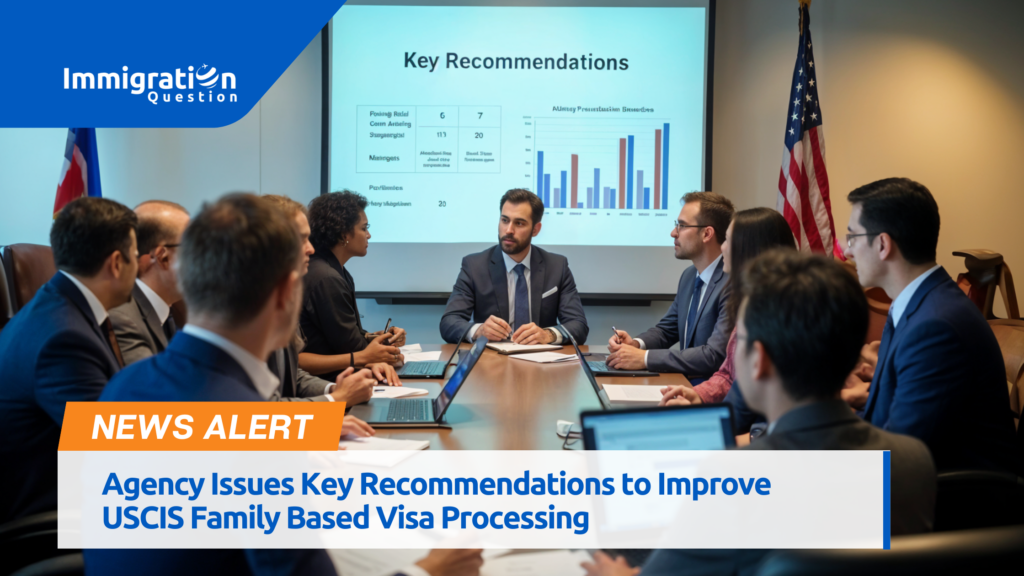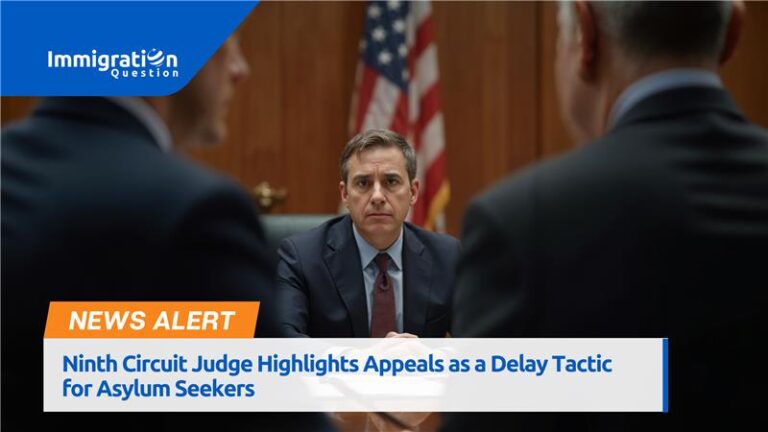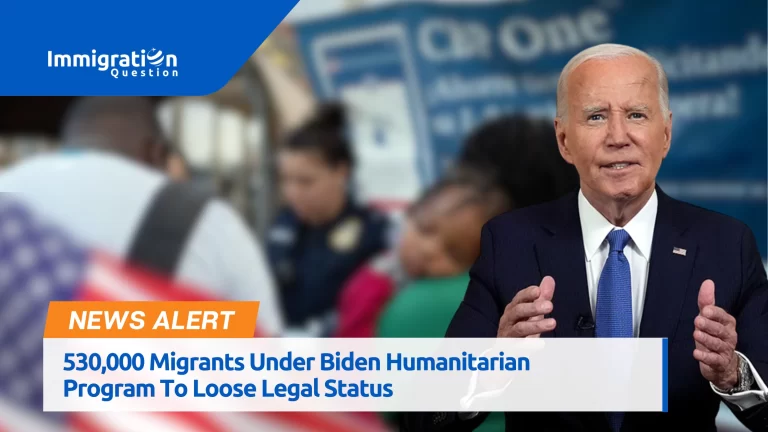Agency Issues Key Recommendations to Improve USCIS Family-Based Visa Processing
On December 18, 2024, the Office of the Citizenship and Immigration Services Ombudsman (CIS Ombudsman) issued formal recommendations to the U.S. Citizenship and Immigration Services (USCIS) aimed at enhancing the processing of Form I-130, Petition for Alien Relative. These recommendations address procedural inefficiencies and prevent delays post-approval, improving the overall experience for petitioners and beneficiaries.
Understanding Form I-130 and Its Significance
Form I-130 is the initial step for U.S. citizens and lawful permanent residents (LPRs) to sponsor eligible family members for immigration to the United States. Upon approval, the beneficiary can either adjust their status to that of a lawful permanent resident if already in the U.S. or apply for an immigrant visa through consular processing at a U.S. embassy or consulate abroad.
Issues Identified in Petition Routing Procedures
In 2022, USCIS modified its methodology for processing approved Form I-130 petitions, which led to confusion in determining the appropriate routing of these forms. This change resulted in tens of thousands of cases being misrouted, causing significant delays for beneficiaries. Although USCIS updated its policy guidance to allow officer discretion in routing decisions when petitioner responses were unclear, key issues remain unresolved.
These include the need for a clearer version of the form and instructions, increased flexibility in ensuring correct responses, and enhanced interagency coordination in handling petition routing.
CIS Ombudsman’s Recommendations
To address these challenges, the CIS Ombudsman has proposed the following measures:
- Revise Form I-130 and its instructions.
- Use conditional logic in the online Form I-130 to obtain more accurate responses.
- Implement a self-service tool in petitioners’ online accounts to streamline transfer requests and automate the movement of approved petitions.
- Provide the NVC with a mechanism to request and obtain approved petitions from USCIS.
- Provide relief for beneficiaries impacted by the previous routing procedures.
Implications for Petitioners and Beneficiaries
If implemented, these recommendations are expected to:
- Enhance accuracy with more explicit forms and instructions, along with conditional logic. This will help petitioners provide accurate information, reducing the risk of misrouting.
- Increase Efficiency with automated tools and improved interagency coordination. This will streamline the processing of petitions, leading to faster approvals and reduced delays.
- Improve customer experience by addressing existing procedural challenges. USCIS will provide a more user-friendly experience for petitioners and beneficiaries.
What’s Next? Agency Issues Key Recommendations to Improve USCIS Family-Based Visa Processing
USCIS is required by statute to respond to the CIS Ombudsman’s formal recommendations within three months. Stakeholders and petitioners are advised to stay informed about any forthcoming changes to the Form I-130 process and adjust their submissions accordingly.
To stay updated and informed, watch our news section or drop your immigration queries on immigration question and get responses from professional attorneys.










